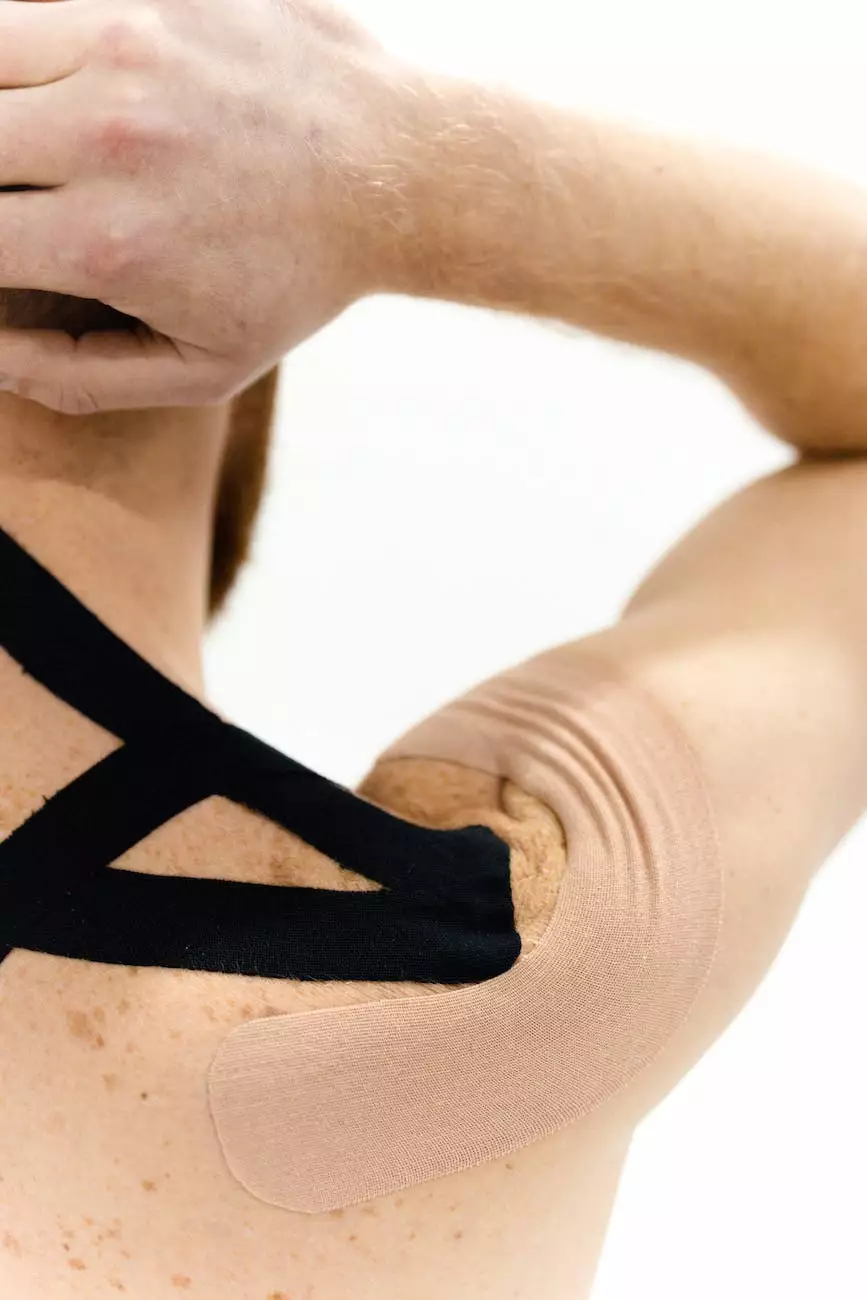Understanding Abduction Shoulder Pain: Causes, Symptoms, and Treatment Options

Introduction
Are you experiencing discomfort in your shoulder when you raise your arm? It's possible that you may be dealing with abduction shoulder pain, a condition that affects many individuals across different ages and professions. In this comprehensive guide, we will explore the causes, symptoms, and treatment options for abduction shoulder pain. Additionally, we will discuss how Health & Medical professionals, including chiropractors and physical therapists, can assist in alleviating your discomfort.
Causes of Abduction Shoulder Pain
Abduction shoulder pain can be caused by various factors, ranging from injuries to underlying medical conditions. Some common causes include:
- Rotator cuff injuries: Tears or inflammation of the rotator cuff muscles can lead to pain during shoulder abduction.
- Bursitis: Inflammation of the bursae, fluid-filled sacs that cushion the joints, can result in shoulder pain.
- Tendinitis: Inflammation of the tendons in the shoulder can cause pain and limit movement.
- Shoulder impingement: When the tendons or bursae get pinched between the bones in the shoulder, it can lead to pain during abduction.
- Frozen shoulder: Also known as adhesive capsulitis, this condition involves stiffness and pain in the shoulder joint, which can affect abduction.
Symptoms of Abduction Shoulder Pain
The symptoms of abduction shoulder pain can vary depending on the underlying cause. However, some common symptoms include:
- Pain or discomfort when lifting or moving your arm away from your body
- Difficulty reaching overhead or behind your back
- Shoulder weakness and limited range of motion
- Clicking or popping sensations in the shoulder joint
- Swelling, tenderness, and inflammation around the shoulder
Treatment Options for Abduction Shoulder Pain
Fortunately, there are several treatment options available for individuals experiencing abduction shoulder pain. The most suitable approach will depend on the underlying cause and severity of your condition. Some common treatment methods include:
- Physical therapy: Working with a skilled physical therapist can help improve strength, flexibility, and range of motion in your shoulder.
- Chiropractic care: Chiropractors specialize in diagnosing and treating musculoskeletal conditions, including shoulder pain.
- Medication: Over-the-counter pain relievers and anti-inflammatory drugs may be recommended to manage pain and reduce inflammation.
- Rest and immobilization: In some cases, resting the shoulder and immobilizing it with a sling may be necessary to promote healing.
- Surgical intervention: If conservative treatments do not provide relief, surgery may be considered to repair damaged tissues or correct structural issues.
How Health & Medical Professionals Can Help
When dealing with abduction shoulder pain, seeking assistance from Health & Medical professionals such as chiropractors and physical therapists can significantly improve your chances of recovery. These professionals possess the knowledge and expertise to accurately diagnose your condition and design personalized treatment plans tailored to your specific needs.
Chiropractors focus on determining the root cause of your shoulder pain and employ various techniques, including adjustments, massages, and rehabilitative exercises, to alleviate discomfort and promote healing. They aim to restore proper alignment and function to the affected area, allowing you to regain optimal shoulder mobility.
Physical therapists, on the other hand, specialize in providing rehabilitation programs specifically tailored to shoulder-related conditions. Through a combination of targeted exercises, manual therapy, and other modalities, they work towards reducing pain, improving strength and flexibility, and restoring range of motion. Physical therapy can also help prevent future injuries by enhancing shoulder stability and promoting proper body mechanics.
Conclusion
Abduction shoulder pain can significantly impact your daily life and hinder your ability to perform routine activities. However, with the right knowledge and guidance from Health & Medical professionals, you can effectively manage and overcome this condition. Do not hesitate to reach out to qualified chiropractors and physical therapists, who can provide the necessary treatments and support to alleviate your abduction shoulder pain and improve your overall well-being. Visit iaom-us.com today to explore the solutions offered by our qualified professionals in the fields of Health & Medical, Chiropractors, and Physical Therapy.










